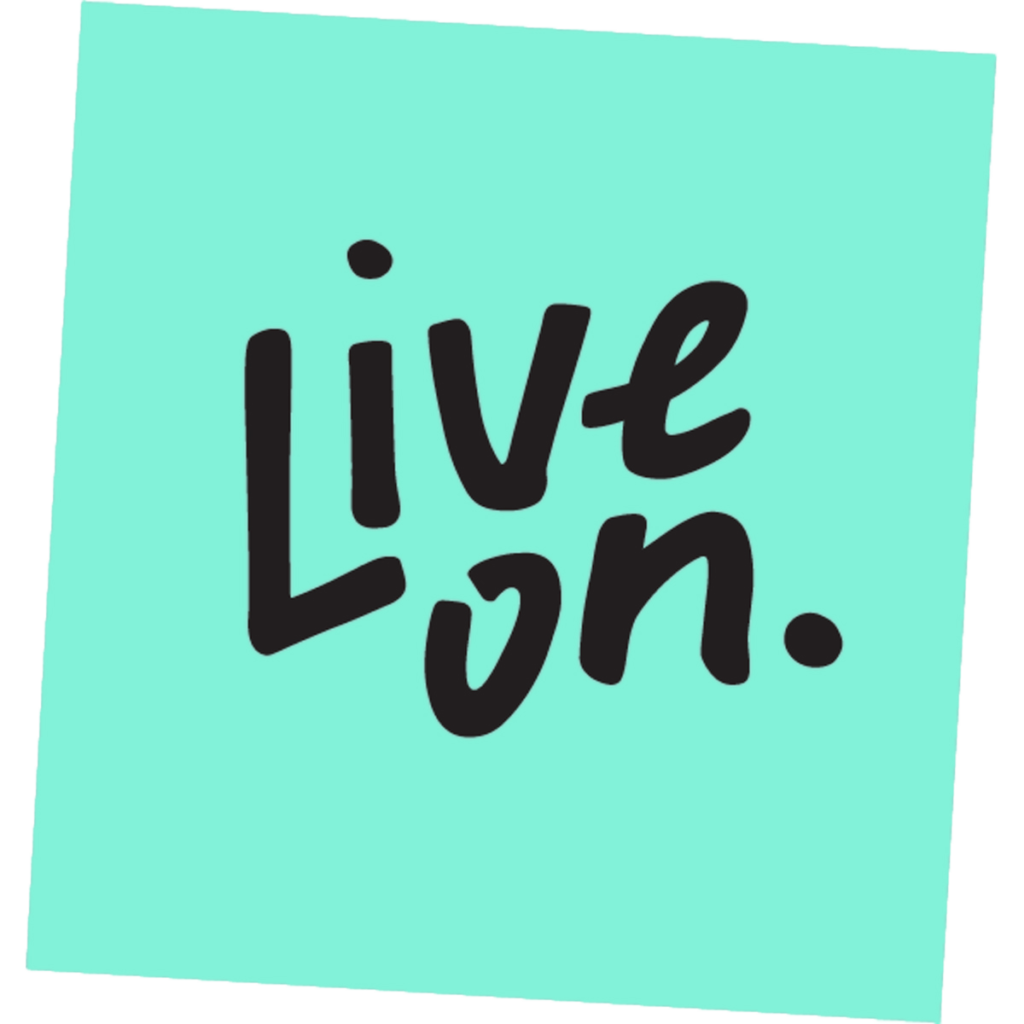Recently, the Utah Legislature has identified the need to invest in mental health interventions and crisis support. S.B. 155, “988 Mental Health Crisis Assistance” (2021 General Session) created the 988 Suicide and Crisis Lifeline line. The 988 Lifeline, which went live July 2022, has provided support, resources, and hope to individuals experiencing mental health emergencies throughout Utah. The service is available 24 hours a day, 7 days a week for calls and text messaging for those experiencing emotional distress, suicidal thoughts, substance use disorders, and the veteran and LGBTQIA+ populations. The 2021 Legislature appropriated $17.8 million ongoing to Statewide Behavioral Health Crisis Response Account in support of the new program.
The 988 Suicide and Crisis Lifeline is a national network comprised of more than 200 crisis centers across the country. Anyone that calls 988 from a Utah area code is directed to the Utah Crisis Line, which is managed and staffed by certified crisis workers at the Huntsman Mental Health Institute.
Key accomplishments by the 988 Suicide and Crisis Lifeline in its inaugural Fiscal Year (FY) include:
- In its first month alone, total call volume to the Utah Crisis Line increased 27% (July 2022 compared to July 2021).
- Nearly 87,000 calls were answered by a certified crisis worker
- 90% of crisis calls in Utah were answered in-state.
- Utah’s Crisis Line workforce increased by 93% year-over-year. (In its second fiscal year, this workforce expanded by another 51% to offer lifesaving services).
- 90% of crisis calls in Utah were resolved over the phone.
The state has also worked with county partners to invest in the development and opening of Receiving Centers and Mobile Crisis Outreach Teams across the state.
Receiving Centers
A Receiving Center is a 24 hours a day, 7 days a week, community facility staffed by therapists, nursing staff, and peer counselors to provide treatment for individuals in mental health or substance use crisis. Individuals are assessed, stabilized, and observed for up to 23 hours.
Most individuals are stabilized within these 23 hours and are connected with a treatment program upon discharge. If an individual needs more than 23 hours to stabilize, there are residential beds nearby for continued care. Caseworkers track all clients for four months, working to engage them in treatment and remove any barriers that prevent participation in recovery programs.
There are currently Receiving Centers open in Weber, Washington, Davis, and Utah counties with others soon to open in Salt Lake, Cache, Carbon Counties. Additional centers have been proposed in Uintah, Sanpete, and Tooele counties.
Mobile Crisis Outreach Teams
Mobile Crisis Outreach Teams (MCOTs) are a community based, mobile crisis service that provides all hours, face-to-face (or virtual) crisis intervention to those experiencing a mental health emergency. These teams provide rapid response assessment wherever the crisis is happening, including at home or a public setting. Teams consist of a licensed mental health professional and a peer support specialist who can provide assessment, support, and de-escalation services, with the goal of resolving the crisis when possible. MCOTs also help connect both individuals and families in crisis to community resources, through referrals, escorting, and coordinating transportation.
Currently Utah has over 21 of 35 recommended MCOTs to provide adequate coverage for the state’s population:

Recent appropriations for both Receiving Centers and MCOTs include:
- 2022 General Session — ‘Receiving Centers’ provided $1.8 million one-time and $553,300 ongoing for centers in Salt Lake, Washington, and Weber Counties.
- 2023 GS – H.B. 66, “Behavioral Health Crisis Response Commission Amendments” — $3.2 million ongoing and $1.8 million one-time, both in FY 2024 to support the construction and operations of a new receiving center in Cache Valley;
- 2024 General Session (proposed) – H.B. 71, “Behavioral Health Crisis Response Modifications” — would appropriate $5,439,200 ongoing and $8,262,400, one-time, both in FY 2025, for the costs related to the development and ongoing operation of four new mobile crisis outreach teams and two new, rural behavioral health receiving centers.
Live On Suicide Prevention License Plate
H.B. 13, “Special License Plate Designation” (2022 General Session) created the “Live On” license plate which would provide $25 per application for the Governor’s Suicide Prevention Fund. Money in the fund can be used to improve mental health crisis response, reduce risk factors associated with suicide, and directly enhance known protective factors associated with suicide.

The License plate campaign recently achieved the required 500 applications, meaning the plates will soon be in production.